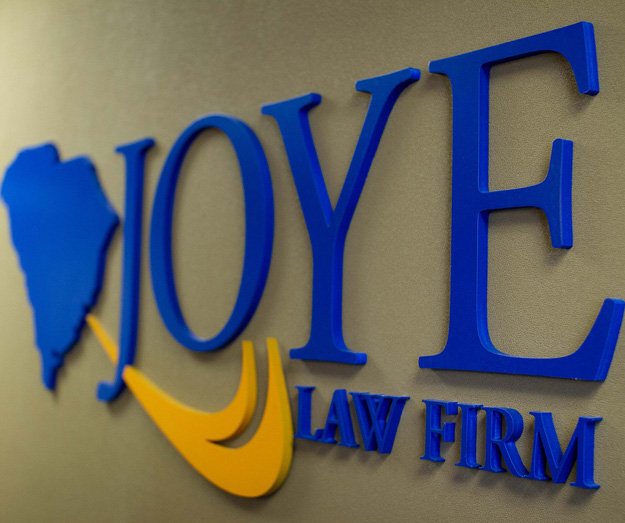
A class action lawsuit is one where many people who have been harmed by the same party in the same way file a compensation claim together as a group.
Class actions can be filed by victims of discrimination, false advertising, environmental disasters, invasion of privacy, and a number of other forms of negligence, but usually are filed against manufacturers of dangerous products for injuries their products caused.
Is Any Lawsuit Over a Product that Harmed Multiple People a Class Action Lawsuit?
No. Even if a defective or dangerous product has harmed many people, that does not automatically make a lawsuit against the manufacturer a class action lawsuit.
The lawsuit can’t become a class action until a judge decides the lawsuit should be treated as a class action. Cases that are expected to be given class action status but haven’t yet may be referred to as putative class actions.
Lawsuits against manufacturers for dangerous products usually start out being filing by just one person rather than everyone harmed filing together. This is because individual victims may not be aware of each other. Once a lawsuit is given class action status, the lawyer in charge may start reaching out to other victims to see if they’d like to join the lawsuit.
How Many People Does It Take to File a Class Action Lawsuit?
It only takes one person to file a class action lawsuit. In fact, in a class action lawsuit, only one person is actually filing the lawsuit – this is the lead plaintiff. However, hundreds or even thousands of other people can be listed as “class members.”
One of the requirements of a lawsuit becoming a class action is that the judge decides there is a large enough number of people who have also been harmed by the same product that it would be impractical and inefficient to try all their cases as separate lawsuits.
What is the Difference Between a Lead Plaintiff and a Class Member?
The lead plaintiff is the one who originally filed the lawsuit and who is named in the lawsuit. The lead plaintiff is bringing the case on behalf of all the class members.
Rather than the judge looking at everyone’s cases, they only look at the lead plaintiff. All the class members receive the same verdict as the lead plaintiff, and all class members share in the settlement with the lead plaintiff (this differs from mass torts, where each member is still tried and awarded individually).
For this reason, the lead plaintiff must be the best representative of the “class” of people injured, meaning the details of how the lead plaintiff was injured by the product and what their injuries are must be so similar to the other people in the lawsuit that reviewing one case is essentially reviewing them all.
Following this logic, other requirements of a lawsuit becoming a class action are that all class members’ injuries should have enough in common to be grouped together, and that the “class” should be clearly defined enough that it is easily determined who does and does not qualify as a member.
Am I Eligible for a Class Action Lawsuit?
If you or someone you love has been harmed by a defective or dangerous consumer product or medication, you may be eligible for compensation. Whether this is through a class action lawsuit, a mass tort action, or a personal injury claim depends on your injury.
If you think you have a claim, contact our experienced South Carolina product injury attorneys for a free case review.


































